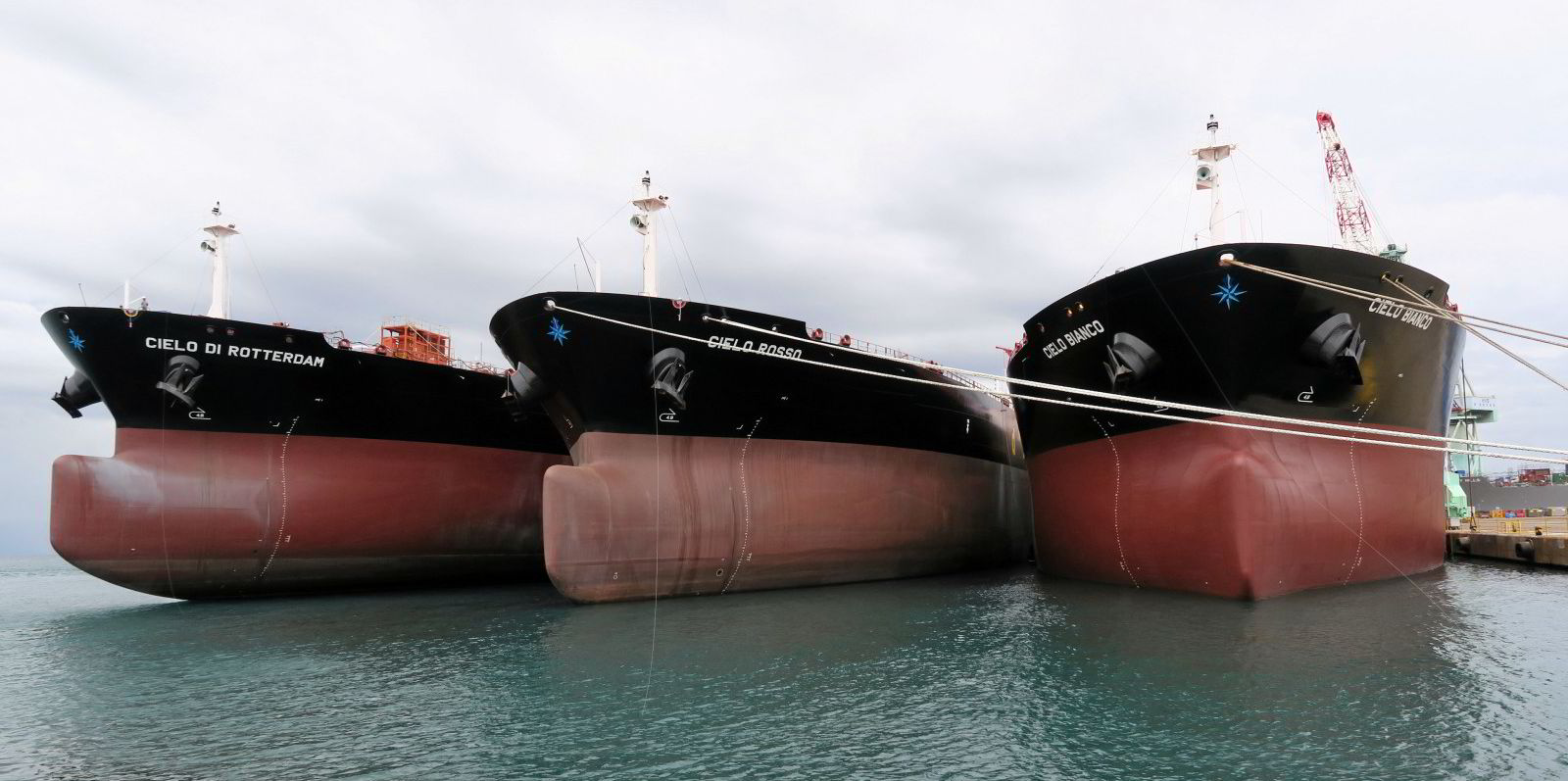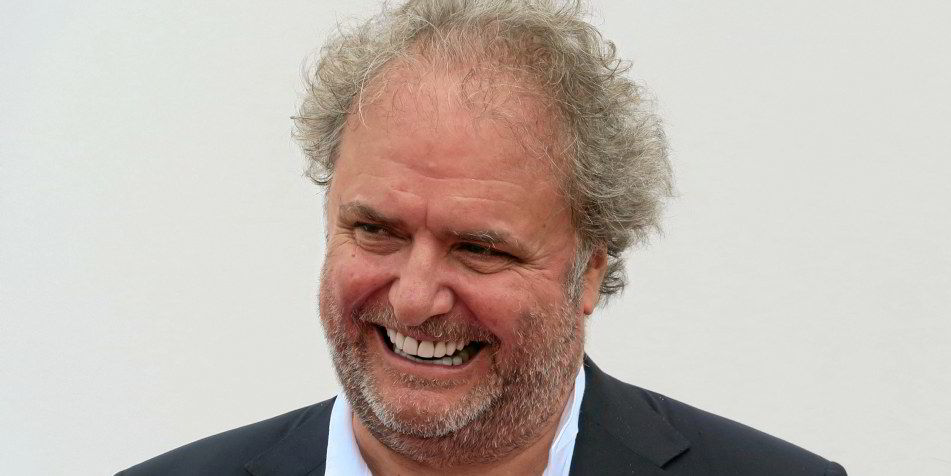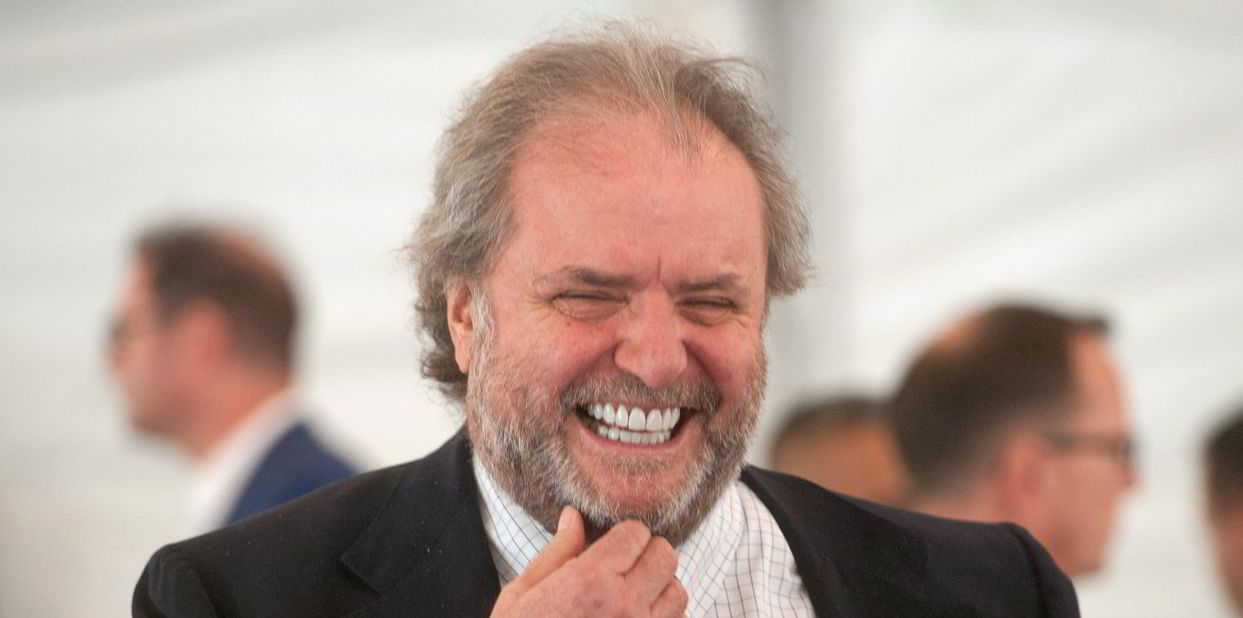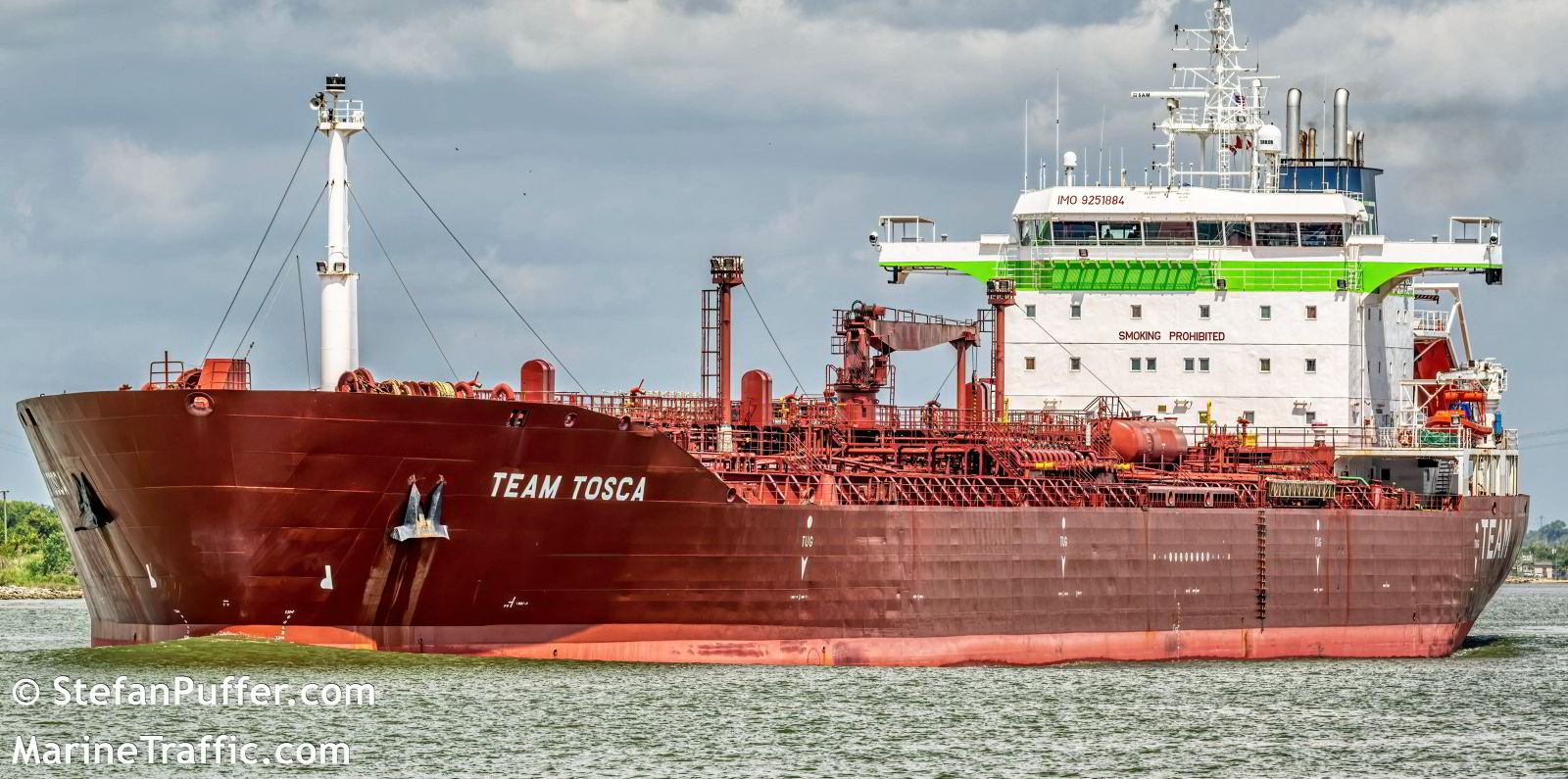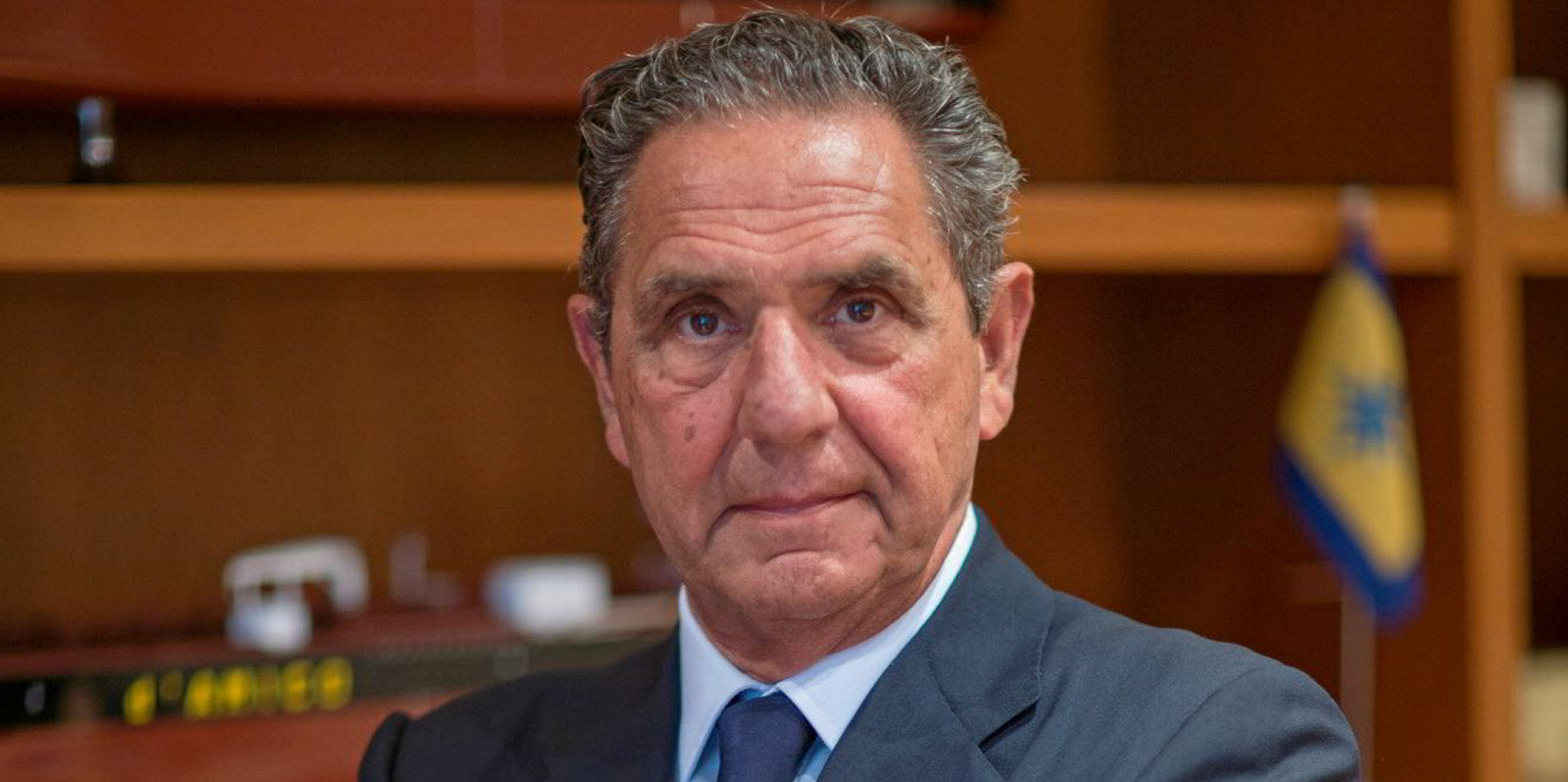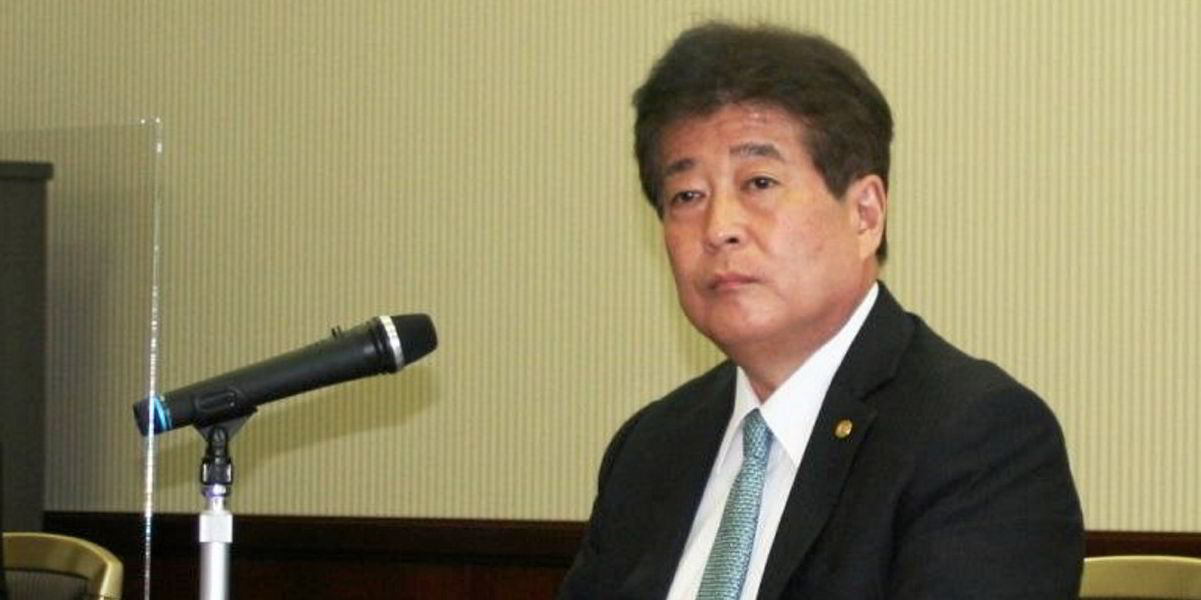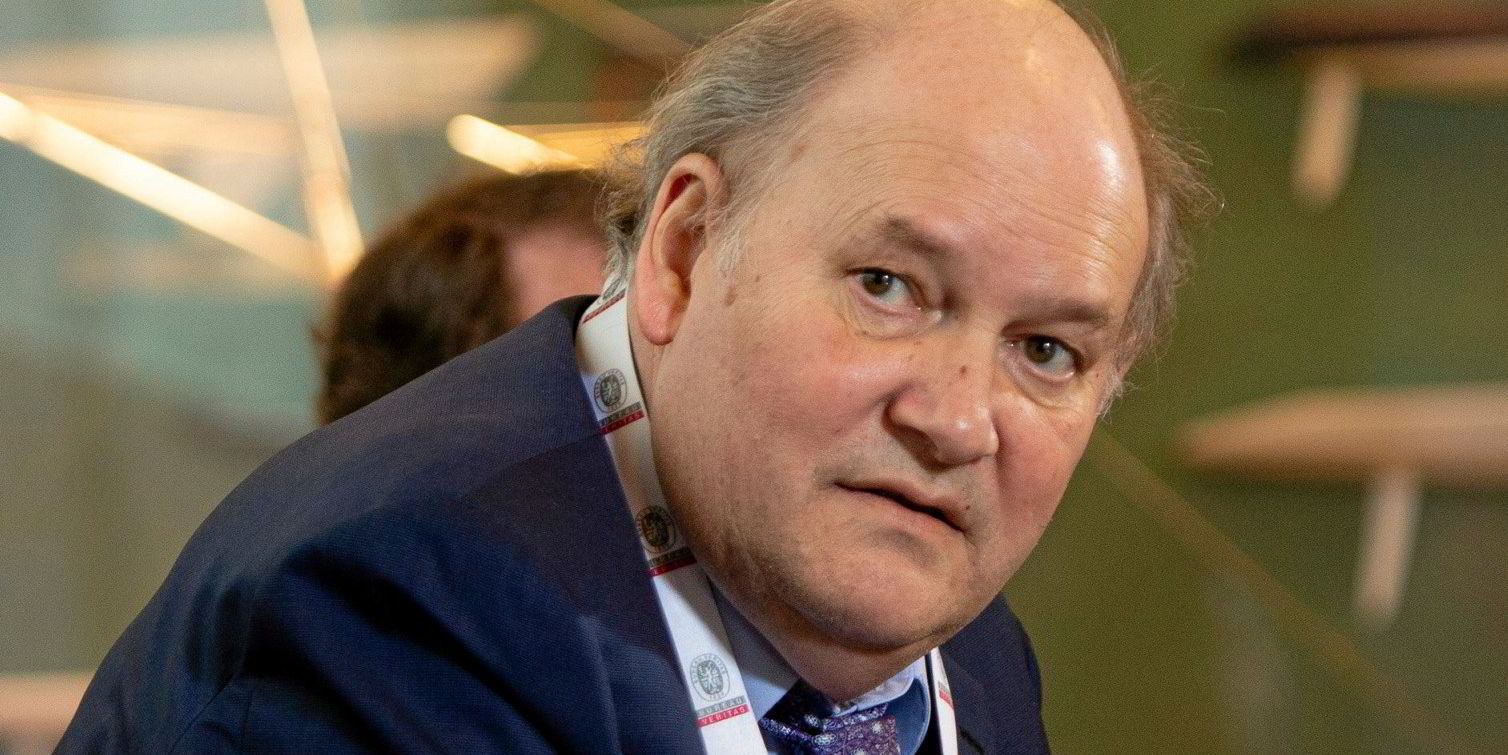d’Amico International Shipping (DIS) managed to stay in the black for the final quarter of last year despite weak spot rates.
The profit for the product tanker arm of Italy’s family-owned d’Amico Group came as other listed owners, such as Torm, Hafnia, Ardmore Shipping and Scorpio Tankers, recorded a net loss between October and December.
But Milan-listed DIS achieved a net profit of $1.2m for the same period, cushioned by some period charters fixed at healthy rates earlier in 2020.
“In the second half of this year, our long-term commercial strategy of maintaining a high proportion of fixed-rate contract coverage proved to be extremely successful,” chairman and chief executive Paolo d’Amico said.
“In the second quarter of 2020, since we realised that the very strong freight market was unsustainable, we decided to take a realistic approach by increasing our time-charter coverage at profitable levels.”
In the fourth quarter, DIS fixed 56.6% of vessel employment days on period charters with an average rate of $17,866 per day.
In contrast, its spot fleet achieved time charter equivalent earnings of $11,699 per day.
The overall quarterly results were still worse than DIS’ net profit of $4.9m in the fourth quarter of 2019, when spot earnings enjoyed a normal seasonal uptick.
Stay opportunistic
But DIS has shown less appetite for period deals lately, with its coverage ratio falling to about 51% as of Thursday.
With falling period rates in recent months, d’Amico told TradeWinds that the company would refrain from fixing time charters at weak rates.
“I am totally opportunistic. If it makes sense, we renew [the existing charters],” d’Amico said. “If it doesn’t make sense, we keep going on the spot.”
Some brokers reported some eco MRs were fixed on 12-month charters for nearly $14,000 per day earlier this month.
d’Amico described the rate level as “very low” and “not sexy”. “At this level, we tend to stay where we are,” he added.
A yearly profit
On a full-year basis, DIS posted a net profit of $16.6m last year versus a loss of $27.5m in 2019.
This was despite revenue falling to $316m from $354m, largely due to a smaller fleet size.
DIS generated $52.8m in net cash by selling three wholly owned MR and one handysize tanker constructed between 2005 and 2006, and one 50%-owned MR built in 2010.
“The sale of our oldest tonnage allows us today to operate a primarily ‘eco’ fleet, which is amongst the most modern in the market,” chief financial officer Carlos Balestra di Mottola said.
The company plans to continue selling old tonnage, but d’Amico said it is currently sitting on the sidelines due to low secondhand prices.
“We are going to do it when it makes sense,” he added.
Market development
Average daily earnings of DIS' fleet rose to $16,560 per ship last year from $14,239 in 2019, mainly due to strong freight rates in the first months of last year.
“After the deep oil output cuts by Opec+ came into effect from the beginning of May, spot tanker earnings went through a steep correction,” d’Amico said.
“The market absorbed the excess product stocks, with floating storage gradually unwinding.”
Looking forward, d’Amico said tanker demand will fully recover only when oil consumption enjoys a sustainable growth.
“The emergence of several new more contagious strains of the disease pose a significant risk to the oil demand recovery in 2021,” he said. “We remain cautious about the first part of 2021.”
But d’Amico expects tanker markets to improve in the second half of this year amid the roll-out of vaccination programmes across the globe.
“There is no secret here…The more people get vaccinated, the more they will go out and will consume [oil products]”, d’Amico said.
“This year is going to end up like the opposite of last year.”
Long-term optimism
The company’s view is product tanker market prospects remain optimistic for the long run due to a small orderbook and rising tonne-mile demand.
Europe, Australia and New Zealand are expected to import more refined products after some small, old refineries there are permanently shuttering due to their lack of profitability.
d’Amico said the development could make secondhand LR tonnage a good investment target for their economies of scale, but he admitted that any immediate acquisition is unlikely.
“We are keeping our liquidity for the moment over fears of uncertainty,” he said.
